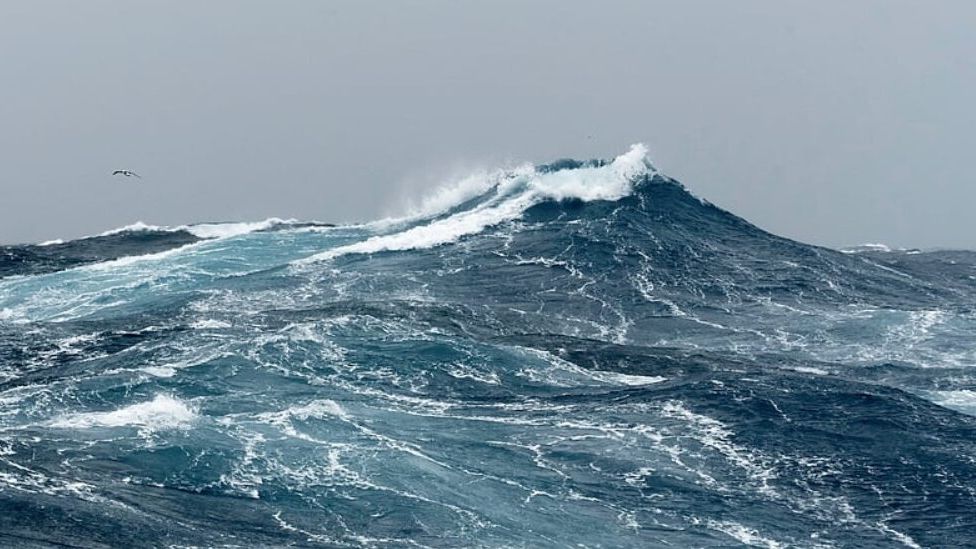TU Delft makes digital copy of the ocean
A new Horizon Europe project, led by TU Delft, brings together international partners to investigate how climate change is affecting the marine environment and what this means for the way we depend on and use the ocean. A digital twin copy of the ocean should provide answers.
5 million euro for research
EU-INTERCHANGE (European Regional and Coastal Seas in a Rapid Changing Climate) was awarded around €5 million by the European Commission’s Horizon programme and started in October 2025. TU Delft leads the project, which also involves the Norwegian Meteorological Institute, the Institute of Accelerating Systems and Applications, Sofia University St Kliment Ohridski, the Norwegian Institute for Water Research, Aristotle University of Thessaloniki, University of Edinburgh, TERNA and Sidroco Holdings.
Digital twin copy of the ocean
The consortium will create a high-resolution digital twin copy of the ocean to assess climate change impacts in Europe and the Pan-Arctic. By combining advanced wave, ocean, biogeochemical and coastal models, it will provide local-scale insights – such as sea salinity and wave energy – at 2 km resolution.
Adapted models will evaluate adaptation and mitigation strategies for coastal resilience, sea level rise impacts and blue economic sectors such as aquaculture and renewable marine energy. The project will also develop a large publicly accessible database (1995-2100) with different emission scenarios, automated analysis tools and high-fidelity downscaling (<500 m), integrating all results into Copernicus (the EU Earth observation programme) to support research and decision-making.
Use scenarios
The project will also develop several use scenarios, including impacts on the Eastern Scheldt storm surge barrier and the ports of Brest and Limassol. It will also investigate marine renewable energy, such as offshore wind farms and wave energy, in Alexandroupouli (Greece), Hollandse Kust Noord (Netherlands) and Shabla-Kaliakra (Bulgaria). Finally, the food nexus will be evaluated using cases in Habranden (Norway), Fellesholmen (Barents Sea) and Kefalonia (Greece).
First results are expected by mid-2026. The project has a total duration of four years.
Source: SWZ Maritime, Mariska Buitendijk
Photo: Down to Earth


